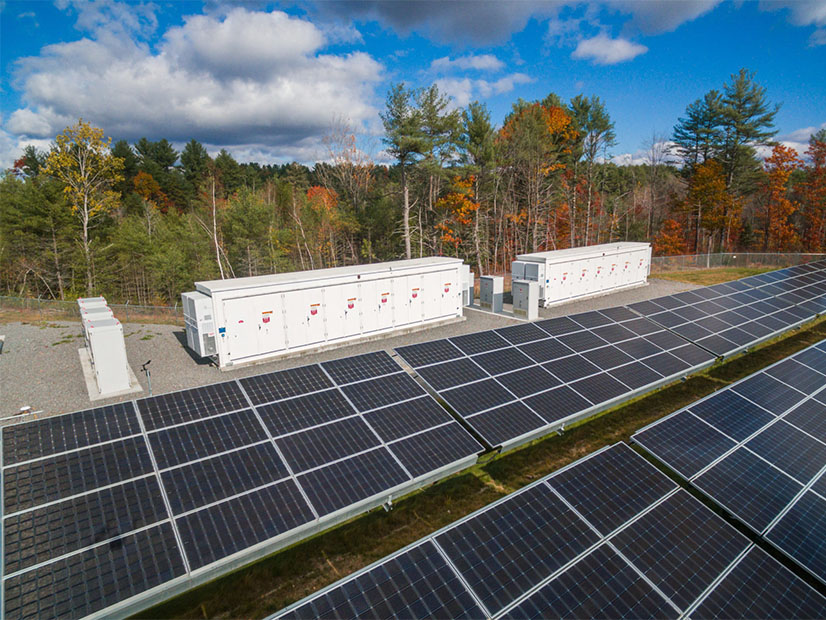The Natural Resources Defense Council is urging ISO-NE to ensure that thermal resources get the same scrutiny as renewables, as the grid operator develops a new approach to capacity accreditation.
The environmental group has commissioned GE Energy Consulting to put together a full analysis of the options facing stakeholders and ISO-NE, but in the interim, it offered some early thoughts to the NEPOOL Markets Committee this week.
In a presentation, NRDC’s Bruce Ho and consultant Nick Pappas said that ISO-NE’s preferred method of measuring marginal reliability impact (MRI) risks under-valuing some components of clean energy resources’ contributions to reliability.
“Declining marginal value does not imply existing resources [are] no longer needed for reliability, [but] solely that additional resources of similar class provide less marginal benefit,” NRDC said in its presentation.
Ho and Pappas gave the example of a battery resource, developed in 2028 with an initial MRI of 90%. Under the average accreditation approach, which measures reliability contributions based on their share of their class’s (in this case, batteries) total reliability contribution, the MRI declines to 41% over a 15-year period.
Using marginal accreditation, which sets a resource’s accredited capacity based on the MRI of an incremental change in size, the MRI drops to 13%.
“Marginal accreditation omits about one-third of the resource’s total lifetime reliability contributions from a capacity awards standpoint,” NRDC said. “How does this omission impact policymaker and market participant incentives for clean energy investment?”
Later on, the presentation answered its own question: “If clean energy resources’ reliability values are undercompensated, ISO-NE [is] likely to see the development of sub-optimal resource mix.”
NRDC is planning to put forward the results of the GE analysis at the MC’s September meeting.
Other MC Business
In the second day of its two-day meeting, the committee also discussed:
- proposed changes to the Generation Information System to sort and transfer screen enhancements, and an effort to accommodate hourly tracking;
- modifications to the schedule for Forward Capacity Auction 18;
- proposed revisions to enable do-not-exceed dispatch requirements for solar assets;
- proposed revisions to clarify the calculation inputs to the capacity transfer right values for pool-planned units in the Forward Capacity Market settlement; and
- proposed revisions to address the limited participation of storage-as-transmission-only assets in markets, including real-time energy market obligations, and metering requirements associated with storage operated as a transmission asset.



